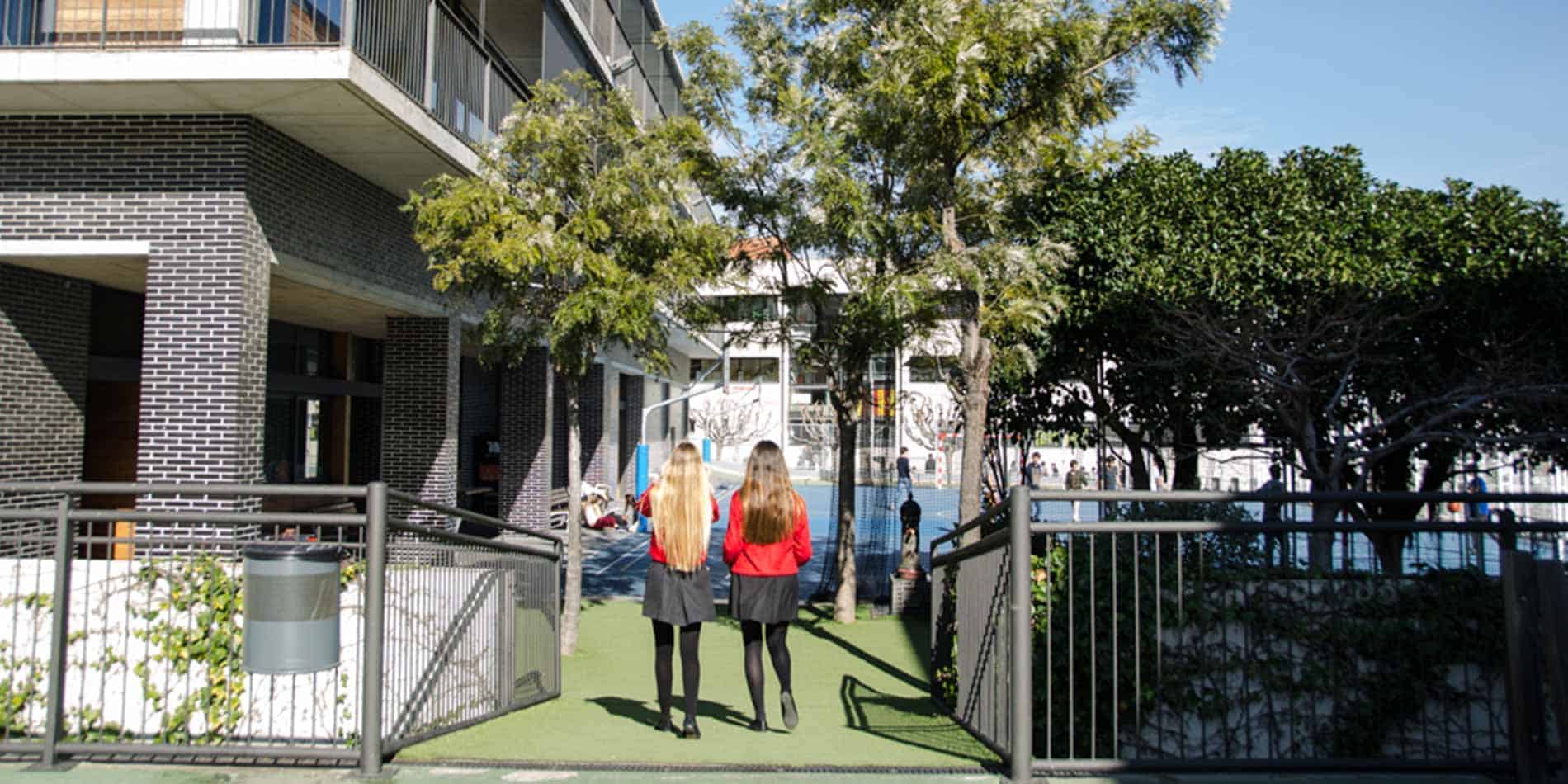The school holds its annual meeting of the Open Innovation Committee with the participation of Xavier Ferràs, Alfons Cornella, Anna Palli, Josep M. Martorell, Brunno Viana, and Víctor Dorado. The aim is to incorporate the legacy of experts into classrooms and consolidate a new learning ecosystem transferable to other schools, capable of evolving within a transformative educational network. Barcelona, December 18, 2024 – St Peter’s School hosted the fourth annual meeting of its Committee of Experts on Innovation to discuss the challenges and future of educational innovation. The event brought together the school’s pedagogical leadership team alongside teachers from various disciplines, ranging from sciences to robotics, artificial intelligence, arts, and literature. They were joined by this year’s committee of experts, which includes Xavier Ferràs – Associate Dean of Executive MBA Programs at ESADE Business School; Anna Palli – Head of Technology Watch & Quality Assurance at IRTA; Alfons Cornella – Founder of Curiosity Atelier, Institute of Next, Infonomia, and EDGERS; Bruno Vianna – Professor at CITM (Image and Multimedia Technology Center), UPC; Josep M. Martorell – Associate Director at the Barcelona Supercomputing Center; and Víctor Dorado – General Secretary and Secretary to the Board of Directors, Group Executive Vice President, General Counsel at Santander Consumer Finance S.A.
During the meeting, discussions revolved around the synergies between different areas of learning, such as the connections between arts and sciences, which are not two sides of a coin but the same coin. In the context of the exponential growth of artificial intelligence, all disciplines related to knowledge are interconnected, moving towards a new paradigm. The importance of fostering innovation in schools. The school aims to integrate the legacy of these experts into the classroom while also consolidating a new learning ecosystem transferable to other schools and capable of evolving within a transformative educational network. As Anna Palli states: “Innovation in schools is essential because working on mental frameworks while they are being shaped is fundamental. It is the way to offer new generations a different way of thinking, of imagining alternative solutions and futures that we may not be able to conceive ourselves. It is much harder to change one’s mindset or way of thinking in adulthood, once mental frameworks are firmly established.”
Innovation is a combination of individual and contextual factors, as Alfons Cornella explains: “Innovation itself is 50% almost genetic, related to individuals’ willpower, their curiosity, and their desire to discover new things. But conditions can also be created to nurture this curiosity. Anecdotes from the lives of great scientists often mention the influence of their mothers, who would ask them not ‘ What did you learn today? ’ but rather ‘ What questions did you ask today ?’ Such conditions amplify innate curiosity or, conversely, diminish it.” Four simultaneous challenges for new generations. Xavier Ferràs emphasized the current context: “The coming generation will face four simultaneous challenges: climate change, technological change, geopolitical change, and demographic change. We need to prepare socially committed; critical adults capable of addressing these changes. Not hyper-specialized in a narrow scientific field but with transversal skills, creativity, scientific and mathematical thinking, and even philosophy—anything that helps build a foundation for adapting and finding solutions in a time of rapid change.” Never before has humanity faced so many simultaneous and rapid changes, and schools’ primary goal must be to equip students to meet these challenges head-on. A pioneering school that champions innovation. For 60 years, St Peter’s School has consistently championed innovation across all educational stages. It has introduced a science lab for students aged 0 to 6 and subjects such as blockchain, nanoscience, neurology, and artificial intelligence, basing its learning approach on tackling present and future challenges. As Josep M. Martorell states: “Innovation is not a subject; it’s an attitude, and it must be taught from an early age. One of the strengths of this school is that children learn from a young age that things can be done differently, that you can innovate, be curious, and question the world. They grow up with a different mindset that can later open many doors. It’s not just about learning but about being exposed to new things.” Creating a new learning framework. The changes we are witnessing point to a new way of understanding education: empowering students to see the future as something they can shape by converging different fields of knowledge—technological, economic, and social. This annual meeting of experts allows St Peter’s School to draw from the most innovative minds in the country, generating a powerful and inspiring curriculum for both teachers and students.

